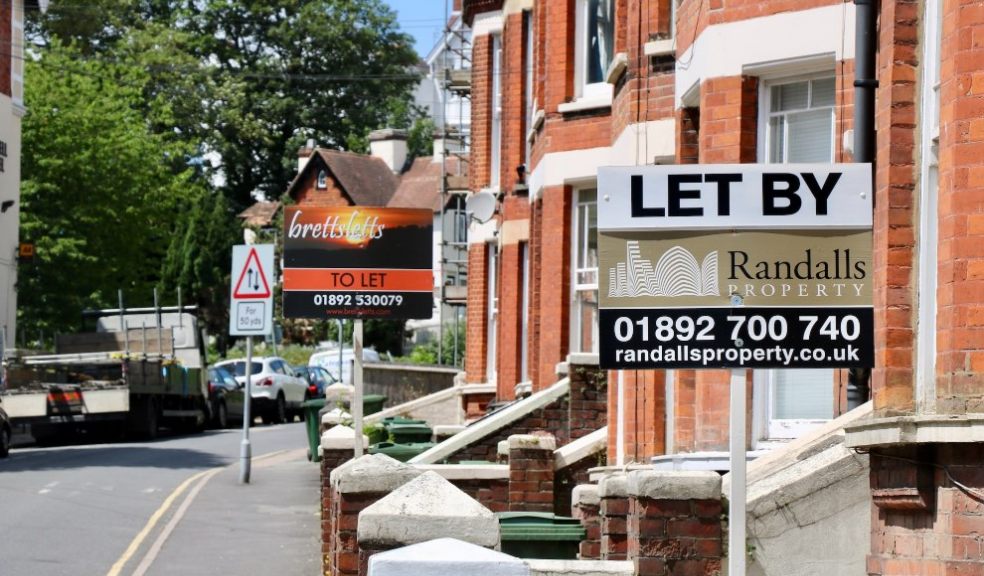
What do Tenants Need to Know About Security Deposits?
Being in rent in someone's house is an extra burden that most of us these days are pursuing. There are too many things we need to consider before saying that tenancy is not an appropriate step. Without being a tenant, will you be able to go to a new place and set up your own house immediately?
It is not just about setting up a random horse, but money becomes a big factor. In a rented house, you just have to pay the rent on a monthly basis. Whereas establishing your own house will need a huge sum of money most people cannot afford.
Well, people do what they can do as best as they can, but there are a few concerns regarding tenancy that arise now and then. If we consider one of them, we can clearly look into the security deposit and its protection issues.
Do you know what a security deposit is and how it works?
Let's find out the answer below.
What is a Security Deposit?
There are various things you need to consider when you rent a house, and one of the major things is the security deposit. Many people might think that a security deposit does not make any sense then they think it from the wrong perspective.
Law is not unbiased, and in this process, also the law is equal for all. Here the security deposit is for the land owners. Many times it has been seen that people take rent and go without notice period and also by damaging the house.
By following these kinds of unusual circumstances and avoiding their tenancy agreements emerged. Within a tenancy agreement, apart from the rents and tenure, the mention of a security deposit with a particular amount will be written.
A security deposit is to ensure the security of the house, and you will have to pay the security deposit at the time of entering the rented house along with the advance. On the other hand, you will receive the money at the time of leaving the house.
Moreover, your landlord will have to protect your security deposit within one month. If your landlord fails to protect your security deposit, you can simply go for deposit protection claims.
Allowable Usage Of Security Deposit
You might think of the usage of the security deposit and cannot figure out the instances. Here we have plenty of reasons to consider a security deposit.
1. Property Damage
Most of the time, while staying in a house, you might harm the house in various ways. For instance, making big or small holes, breaking window glasses, big and small strains on the walls, and faded paints are the common symptoms of property damage that we do either intentionally or unintentionally.
2. Unpaid Bills
In some cases, we can see that people are not able to pay the electricity bills or maintenance bills of a property. That is a loss for the landlord as they have to consider it on your behalf. In that case, a security deposit might work for the landowner. They can simply cut the amount from the security deposit and pay your bills.
3. Unpaid Rents
In some cases, the tenant might face some trouble, like the loss of a job to pay the monthly rent to the landlord. In that case, your security deposit might come to work. On the other hand, people sometimes do not want to pay the rent regularly, and in those cases, the landlord might take the security deposit.
4. Breaking The Rules Of Agreement
Breaking the rules of the agreement and breaking the lease is a serious crime in the eyes of the law. In this case, the landlord only has the security deposit that they can grab in return. If there is no security deposit breaking the agreements will be a big loss for the owner.
These are all the instances that forced the law agreement to make deposit money mandatory for renting a house.
What To Do When Your Security Deposit Is Not Protected?
According to the rule of law, not protecting your deposit money within 30 days is also a crime that your landlord might commit. You never know what is going to happen next and thus, being prepared for the worst and knowing things in advance is the only key to survival.
You will be able to take adequate steps if you know what to do when your deposit money is not protected, and in that case, you will be able to claim the compensation. When your security money is not protected by the landlord, you will have a greater chance to sue that person and win the case by claiming compensation.
If you are able to sue your landlord for not considering the protection of security deposits and win the case, then you will be able to claim compensation upto three times from the original tenancy deposit.
It is a big gain, and the compensation can be made in a few scenarios.
- If your landlord does not protect your deposit money within 30 days.
- If the landlord totally failed to protect your security deposit.
In such situations, you will have to go for filing a case and Claim for N208. Now pay your court fees and wait for the date of court.
Can You Sue the Landlord Before the Tenancy Ends?
It is always ideal to wait for the end of the tenancy and then sue your landlord. However, if you decide to go for a lawsuit before the end of your tenancy, then you must know about the following situations.
- The court can order the landlord to choose and follow any deposit protection scheme as a warning.
- Then your landlord will be able to pay the money in the deposit scheme.
- After that, your landlord can provide you with prescribed information as per the court orders.
- Finally, the owner can send you a Section 21 notice to release the house.
So it's better not to go through the lawsuit process before you are ready to leave the house. Follow the above instructions and make sure that you know enough about the tenancy agreement and security deposit.













